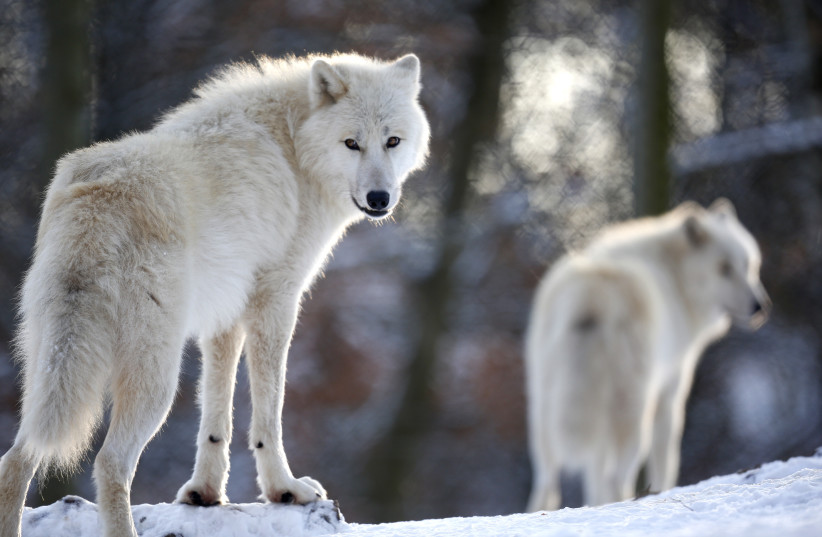The Sinogene Biotechnology Company in Beijing announced the birth of the world's first cloned Arctic wolf at a press conference in Beijing Wildlife Park on September 19. The wolf, named Maya, was born on June 10 in a laboratory.
"Cloning technology provides a good entry point for the protection of endangered wild animals, which has a great contribution to the protection of biodiversity."
He Zhengming, the director of China's Institute of Laboratory Animal Resources
The announcement was made on the wolf's hundredth day of life, during a ceremony celebrating the signing of a strategic cooperation agreement between Sinogene and the Beijing Wildlife Park.
Maya was carried to term by her surrogate mother, a beagle. She is currently still living in the lab with her surrogate mother and will eventually be introduced to others of her species.
Who are Sinogene?

Sinogene primarily focuses on pet cloning for private clients. They specialize in dogs, cats and horses. However, the company has begun dipping its toes into the world of wildlife conservation.
He Zhengming, the director of the Institute of Laboratory Animal Resources explained at the press conference that "cloning technology provides a good entry point for the protection of endangered wild animals, which has a great contribution to the protection of biodiversity."
Arctic wolf preservation
Arctic wolves are not currently endangered, although climate change has caused a decline in the overall Arctic wolf population as a result of a decline in the population of their various prey, according to the World Wildlife Fund (WWF). The WWF also points out that Arctic wolves rarely come into contact with humans and are not threatened by hunting; rather, they are more susceptible to habitat disruption as mines, roads and pipelines enter their territory and cut into their food supply.
The Environment and Climate Change portal is produced in cooperation with the Goldman Sonnenfeldt School of Sustainability and Climate Change at Ben-Gurion University of the Negev. The Jerusalem Post maintains all editorial decisions related to the content.
